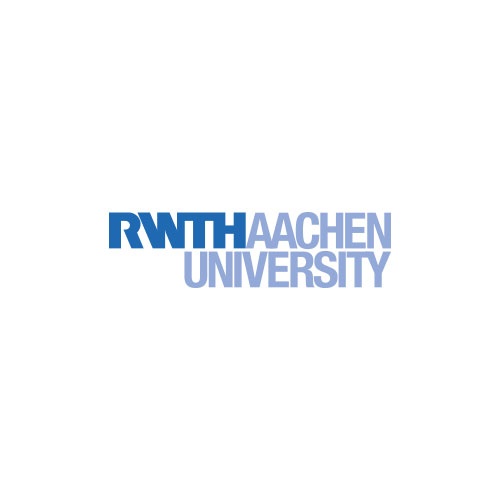RWTH Implements Support Program for Students Returning After Extended Absences
Returning to studies after a prolonged illness can be challenging for students. RWTH is committed to facilitating this transition through a unique coaching program. “We offer client-centered, confidential counseling at no cost,” emphasizes Silvia Krebs-Oviedo from the University’s Student Counseling and Advising Center. The “Reintegration Coaching for Students After Prolonged Illnesses” project, WieLaS for short, has been managed at the Center since 2021. RWTH is the first university in Germany to offer such coaching for its students.
“At the Student Counseling and Advising Center, students have a dedicated point of contact. Some receive support from a tandem team consisting of an academic advisor and a psychological counselor. These designated contacts are essential to the coaching process, fostering a trusting relationship. Krebs-Oviedo adds: “We also offer short-term support for urgent matters via phone or Zoom.” Other university resources are also involved, including departmental academic advisors, mentoring teams, the Inclusive Education Officer, and the International Office.
To be eligible for this coaching program, students must be enrolled at RWTH and have experienced an interruption in their studies – such as a leave of absence due to illness. The coaching aims to assist students in completing their degrees. However, some individuals may question whether their current program is still the right fit for them. In such cases, coaching will focus on exploring alternative options. Importantly, an action plan is developed that considers all aspects of the student’s life, with long-term support available as a safety net throughout their academic journey.
The Student Counseling and Advising Center is actively informing local doctors and clinics in the Aachen city region and the districts of Düren and Heinsberg about this initiative. “When healthcare providers refer students who have fallen ill to our services, we can help them find solutions early on. We are also happy to visit clinics and provide information on-site,” says Krebs-Oviedo.

